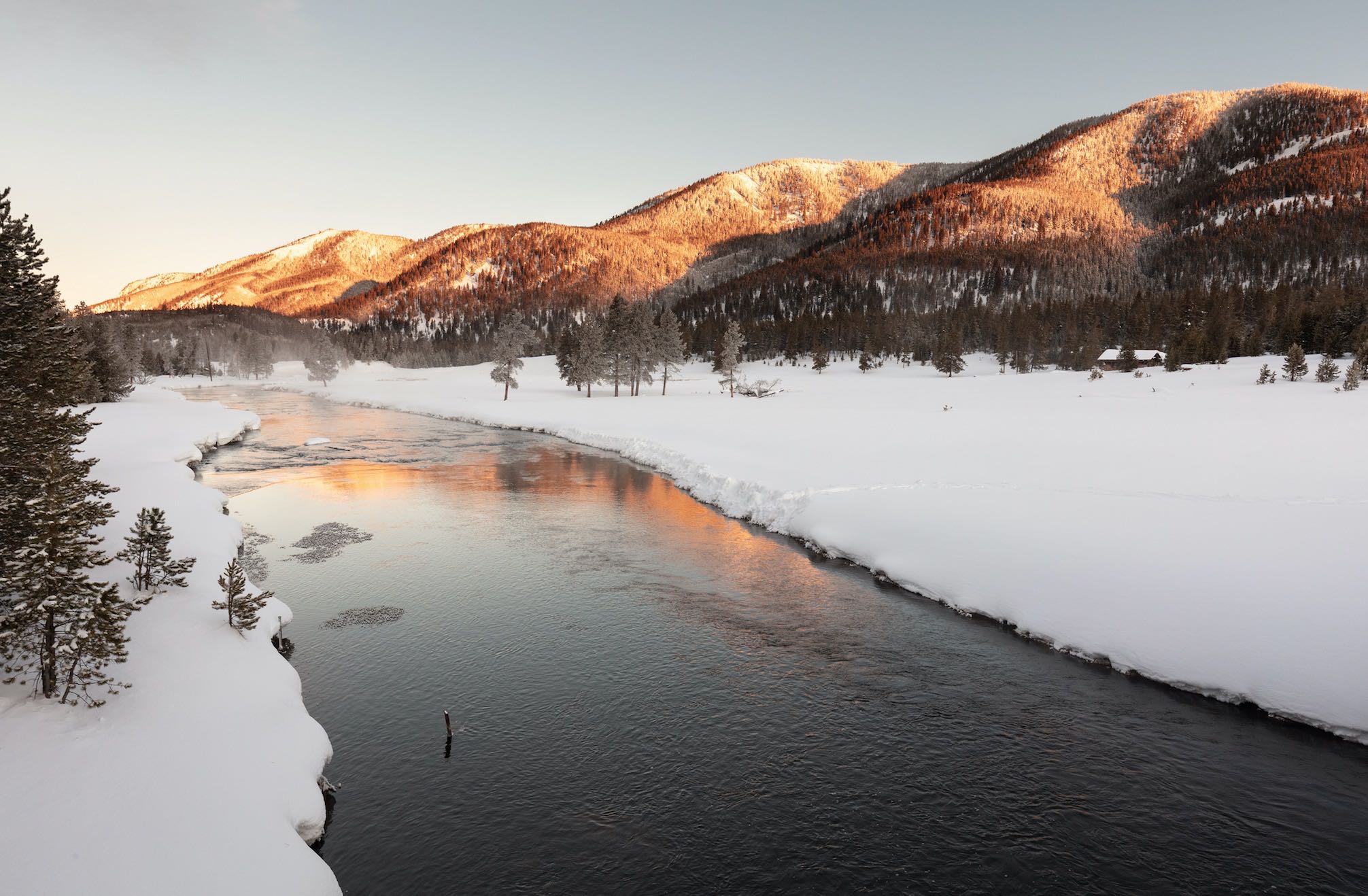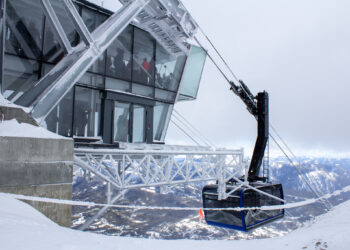By Jessianne Castle EBS ENVIRONMENTAL & OUTDOORS EDITOR
BOZEMAN – With tensions high and an air of exhaustion in the room, the ten-member Madison River Negotiated Rulemaking Committee came down to the wire on a decision on March 26 in Bozeman, taking the last minutes of the final meeting to plea for at least one more convening.
In December, the Montana Fish and Wildlife Commission appointed members of the public to the committee, tasking them with developing recommendations for managing recreation on the widely-popular Madison River. Since then, the group has met for a total of four two-day sessions, with March 25 and 26 slated as the final gathering before the committee presents recommendations to the Commission.
The highly controversial topic of managing recreation on the Madison, which surpassed 200,000 angler days in 2017 and sees the highest number of angler days of all the waterbodies in Montana, involves conversations about caps on commercial use, limitations on non-resident and resident permits, public access and the presence of boats.
The current rule-making process arose after the Montana Department of Fish, Wildlife and Parks proposed a set of regulations for public comment during the April 2018 Commission meeting and many members of the public turned out to speak against the proposal.
In order to develop a management strategy that’s approved by the public, the Commission rejected the April 2018 rules and established the committee comprised of fishing outfitters, anglers, a lodge owner, a non-angling outfitter and the director of the Madison River Foundation.
The initial meetings were spent discussing problems on the Madison and the final meetings considered potential solutions and their impacts. The afternoon session on March 26 saw evolved discussion as committee members considered what they were willing to sacrifice and what management they wouldn’t tolerate.
“I’m willing to step up and be an example. I can take a haircut but not without everyone else willing to,” said committee member Julie Eaton of Eaton Outfitters in Ennis. Later she added that she joined the committee in good faith. “I believed in this when I showed up.”
Some of the group’s major sticking points were how new regulations might impact entrance into the guiding industry, the ability to procure a living as an outfitter, the monetization of the resource, the ability to wade fish without the presence of boats, and access to the river.
Toward the end of the meeting, facilitator Mike Mitchell asked the committee if they thought they’d be able to move forward. “I’m hearing more criticism than I am creation,” he said, adding that based on the Commission’s directive the group will have to reach a consensus decision at some point.
Consensus was that the group needed more time. “Some of these alternatives we’ve only seen in the last two hours,” said angling guide Mike Bias, referring to their eight draft alternatives. Considered very rough drafts, these alternatives were not made available to the media.
The meeting concluded with the determination that a supplementary meeting would be scheduled in April, though a date had not been set as of EBS press time on March 27. Public comment stretched beyond 30 minutes as individuals commended the committee for continuing their efforts and imploring them to think about what impacts any recommendation will have.
It’s unclear what the department and Commission would do if the committee fails to present their recommendations during the April 25 Commission meeting, though committee member Don Skaar, who is FWP habitat access bureau chief, said the department would petition the commission to continue with the committee process.
Regardless of the exact strategy for rulemaking, any decision will be made using a public process. According to a FWP press release, a public comment period and open meetings would be held prior to adoption of any rules.
For more information visit fwp.mt.gov/recreation/management/madison/nrc.html. Check on explorebigsky.com for more information about upcoming meetings.














